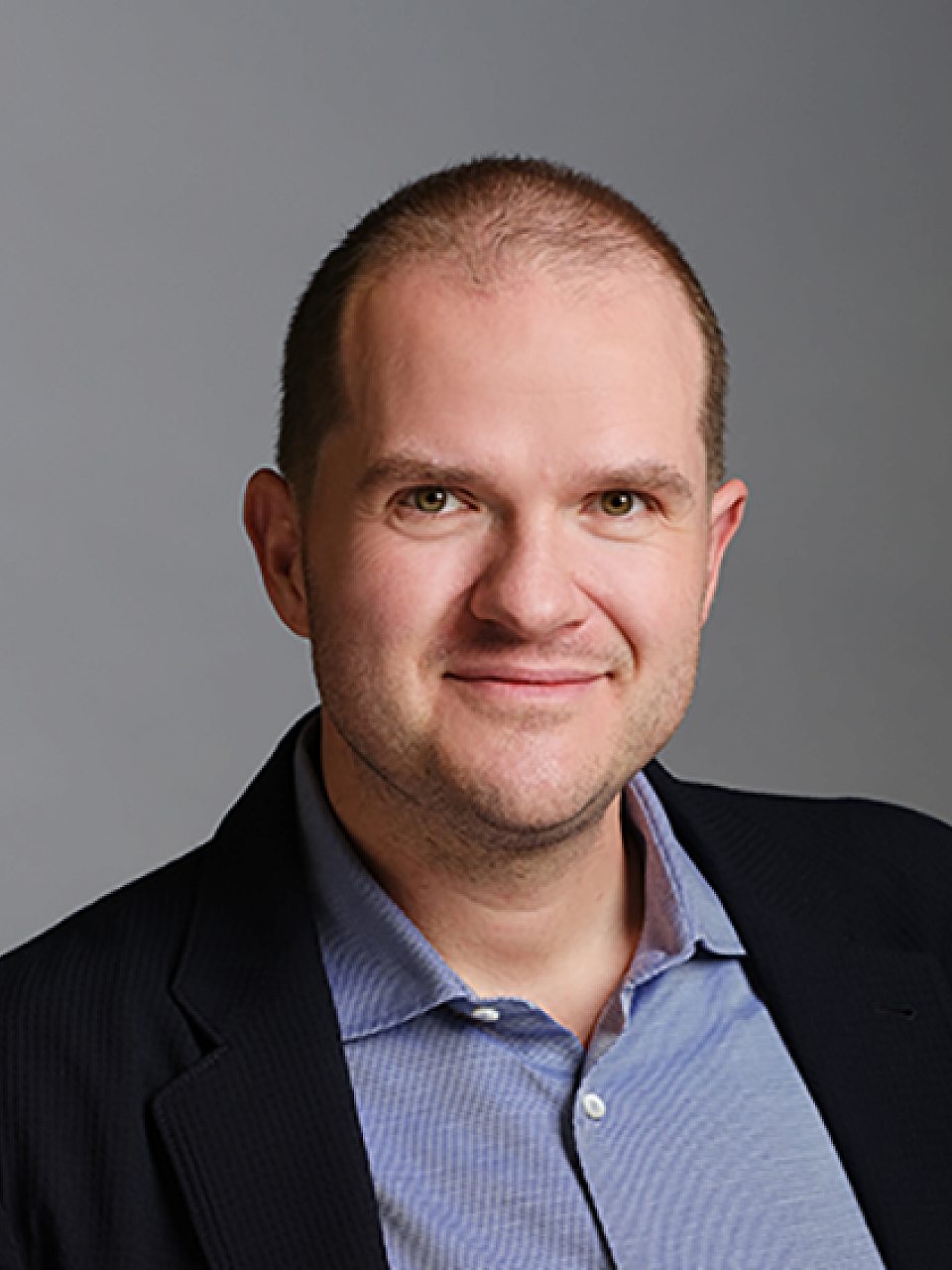Research and training in the Golkowski lab
Cellular plasticity is the process by which cells can de- and transdifferentiate, or even switch lineages, to adapt to changing conditions in tissue environments, thereby critically contributing to development and tissue homeostasis. Devastating human conditions like viral infections, organ fibrosis, and cancers, highjack cellular plasticity programs to drive disease progression, making cellular plasticity an attractive drug target to combat numerous diseases. Cellular plasticity, for instance, drives cancer heterogeneity and metastasis by promoting transitions to a spectrum of highly mobile and resilient phenotypes that allow cancer cells to colonize distant organs, escape immune surveillance, and resist systemic therapies.
Protein kinases control most cellular processes by phosphorylating >70% of all proteins to alter their activity, cellular localization, and protein-protein interactions (PPIs). Kinases are frequently perturbed in disease and highly druggable, which led them to emerge as one the most important classes of therapeutic targets. Our group develops and applies cutting-edge bioanalytical technologies that combine chemical biology strategies with mass spectrometry (MS)-based proteomics, and we study how kinase-mediated signaling pathways and transcriptional programs cooperate to drive pathological cellular plasticity. The insights we gain enable us to identify druggable nodes in plasticity networks that we then exploit to develop the next generation of targeted therapies for combatting organ fibrosis as well as cancer metastasis, immune escape, and therapy resistance. For instance, utilizing our novel MS-based PPI profiling platform, we discovered that clathrin-mediated endocytosis (CME) and the adapter-associated kinase 1 (AAK1) are frequently dysregulated in hepatocellular carcinoma (HCC), the 2nd most deadly and 5th most common malignancy worldwide. Disrupting the function of AAK1 and other endocytic adapters showed that the CME controls a network of developmental pathways and tumor suppressors that promote HCC plasticity and therapy resistance. Currently, we are conducting detailed mechanistic studies of how AAK1 and other members of the adapter protein 2 complex (AP-2) interactome control cellular plasticity, and we develop proteolysis targeting chimeras (PROTACs) to selectively degrade AAK1 and other endocytic adapters.
Collectively, our group advances MS-based proteomic, chemical biology, and pharmacology research through four major projects:
- Developing novel, integrated chemical biology, MS-based proteomic, and epigenomic methods to study the dynamics of PPI, protein-chromatin interaction, and post-translational modification (PTM) networks.
- Creating inhibitors and PROTAC degraders to disrupt the signaling networks that underly pathological cellular plasticity and cancer therapy resistance.
- Studying how diseases highjack the CME to aberrantly activate developmental pathways and tumor suppressors, and thereby promote cellular plasticity and drug resistance.
- Illuminating the function of understudied tumor suppressor kinases in hepatocellular carcinoma (HCC) therapy resistance.
Graduate students and postdocs joining our lab will receive extensive training in a wide range of experimental and computational MS-based proteomic techniques, chemical biology approaches to cell signaling research, and cutting-edge strategies for drug target discovery and development. Students and postdocs will work in a highly interdisciplinary and collaborative environment, interacting with diverse groups across the U’s College of Pharmacy, the School of Medicine, the Huntsman Cancer Institute (HCI), and beyond, thereby building an extensive professional network early on. To conclude, receiving training and mentoring in our lab will prepare students and postdocs to excel in the biomedical and pharmaceutical sciences, both in academia and industry.
Mass spectrometry, proteomics, chemical biology, cancer biology, epigenomics, protein kinases, cell signaling, drug discovery, protein-protein interactions.
RELATED LINKS
